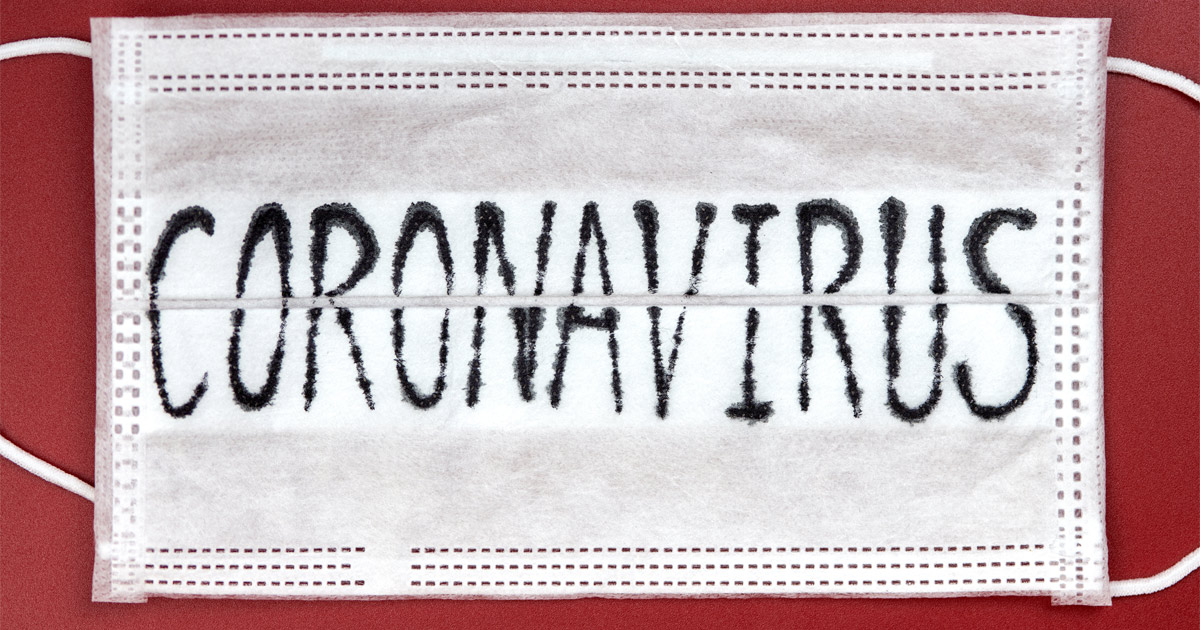Are Employers Responsible for Ill Family Members?

As the nation continues to face the ongoing novel Coronavirus pandemic, many businesses are re-opening their offices and bringing their employees back from months of seclusion in their homes. With the virus still a presence in most states, some employees may be wondering what legal obligations they have toward the family members of their employees. In terms of allowing employees to tend to their sick family members, an employer needs to give their employees the flexibility to take time off and the federal government has provided a few programs to allow for that to happen.
What Do the Courts Have to Say on the Matter?
There have been a few cases reported around the nation of people getting sick with COVID-19 because they contracted it from a family member who was exposed to it at work. Thus far, two lawsuits have been filed in Illinois bringing up that very matter. Experts say the cases are similar to mesothelioma cases, where someone is working on a site where they were exposed, then bring it home to family members. In the first case, a woman from Illinois died due to complications related to COVID-19 over the summer. She allegedly contracted the virus from a family member who contracted it while working at a meat processing plant.
The lawsuit, filed by the victim’s daughter, alleges that the family member contracted the virus in April while working at the plant when he was working shoulder to shoulder with others in the plant. The lawsuit claims that the employers knew there was an outbreak at the plant but did not take any precautions to keep employees safe nor provide any warnings.
In the second case, a woman contracted the virus from her husband, who contracted it while working as a parts assembler. The woman is suing the company, claiming it was because of them that she contracted the virus.
However, the owner of the company is disputing the claim. He told several newspapers that his employees took precautions, including wearing masks and gloves, and he took daily temperature checks every day. He also accused the worker of declining to have his temperature taken. He added that the worker was the first to get sick and he in fact spread the virus.
Both cases are still pending, so it is unclear how the jury will respond. It is safe to assume, however, that an employer owes it to their employees and their families to ensure that their workspace is clean, precautions are met, and everyone adheres to them.
How Much Time Should I Give My Employees to Take Care of Family?
Employers still maintain their obligations under the federal Family and Medical Leave Act (FMLA) to allow for an employee to take time off if they need to recover from COVID-19 or take care of a family member who might have contracted it. The FMLA, enacted in 1993, protects a person’s job should they have to take time off to care for a sick family member. The law allows for a person to take up to 12 weeks of leave within a 12-month period. While they can take the time off, they will not receive any compensation during that time.
In addition, President Trump signed the Families First Coronavirus Response Act (FFCRA) in April, which allowed for more provisions for employees to take time off. This law requires that employees with less than 500 employees provide them with 10 additional paid sick days to accommodate any COVID-19-related absences. The law requires those same employers to provide an additional 12 weeks of FMLA time for employees. Of those 12 weeks, 10 days must be paid, but the law also provides payroll tax credits for employers to cover the paid leave.
Philadelphia Employment Lawyers at Sidkoff, Pincus & Green P.C. Help Employees and Employers Understand Their Rights Regarding the Pandemic
If you are an employer who needs to stay in compliance with pandemic-related laws or an employee who deserves sick leave to care for a family member who contracted the virus, contact the Philadelphia employment lawyers at Sidkoff, Pincus & Green P.C. We will review your case and determine the next best steps. For an initial consultation, call 215-574-0600 or contact us online. Located in Philadelphia, we serve clients throughout Pennsylvania and New Jersey.













